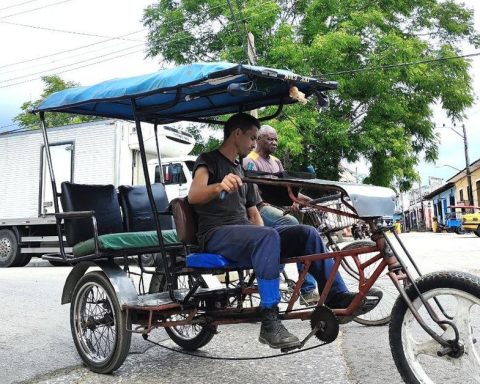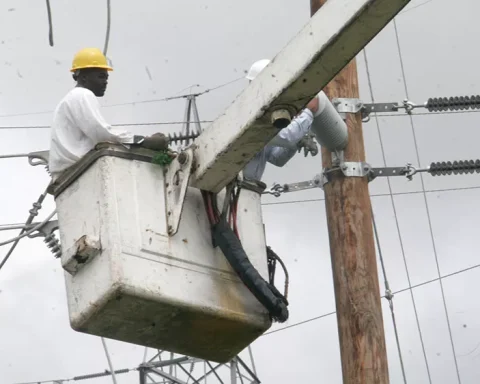The exercise was later repeated with a number of student volunteers from the Seattle area, and the scientists found that the people who had more or less access to electricity experienced the oscillations in their sleep patterns, although the differences were less extreme in urban areas.
“We see a clear lunar modulation of sleep, with decreased sleep and late sleep onset in the days leading up to the full moon. And while the effect is more robust in communities without access to electricity, the effect is present in communities with electricity,” said University of Washington professor Horacio de la Iglesia.
Also read: What happens to your brain when you are unfaithful or are being unfaithful to you
For his part, Leandro Casiraghi, another of the project’s leaders, affirmed that this is connected to the way in which humans have evolved, although more studies are needed to fully understand the phenomenon.
“We think that the patterns we see are an innate adaptation that allowed our ancestors to take advantage of this natural source of evening light that occurred at a specific time during the lunar cycle. At certain times of the month, the moon is a major source of light at night, and that would have been clearly evident to our ancestors thousands of years ago,” Casiraghi said.
You can also read: The Health Benefits You Didn’t Know About Drinking Beer
To the researchers this would make sense, because if the Moon is brighter, that means the nights aren’t as dark and our brains might think it’s not bedtime yet.
















